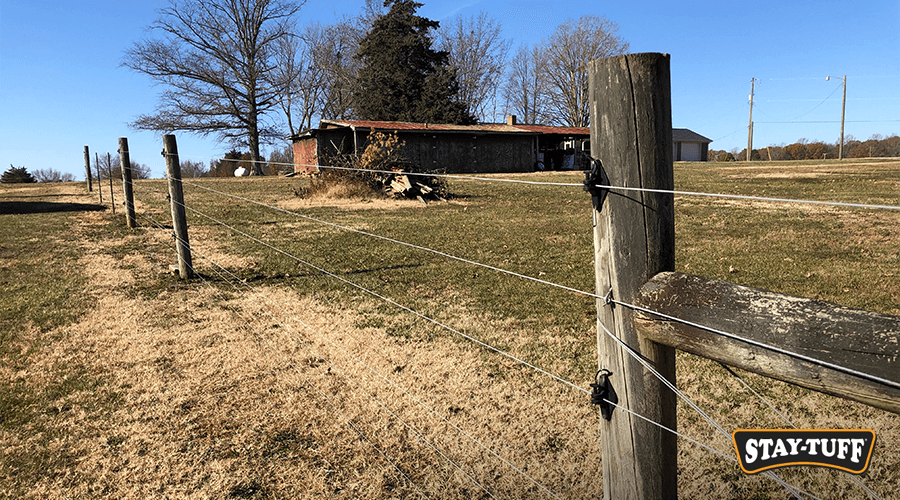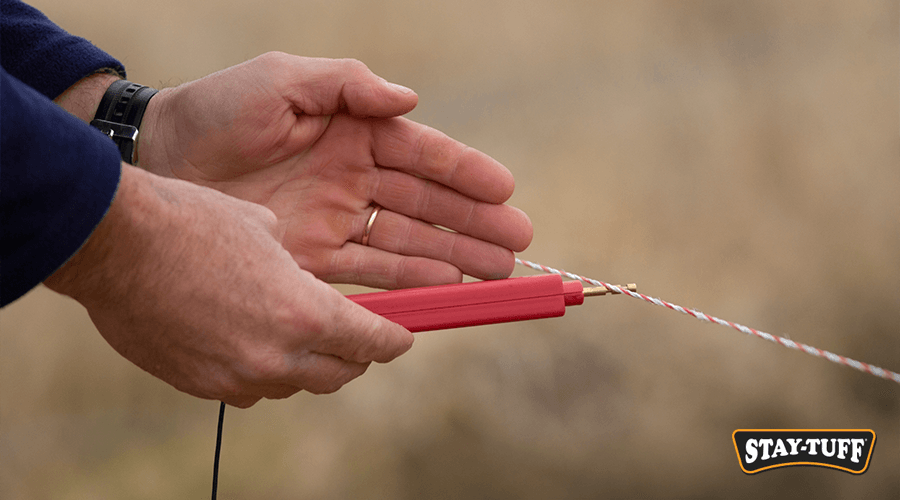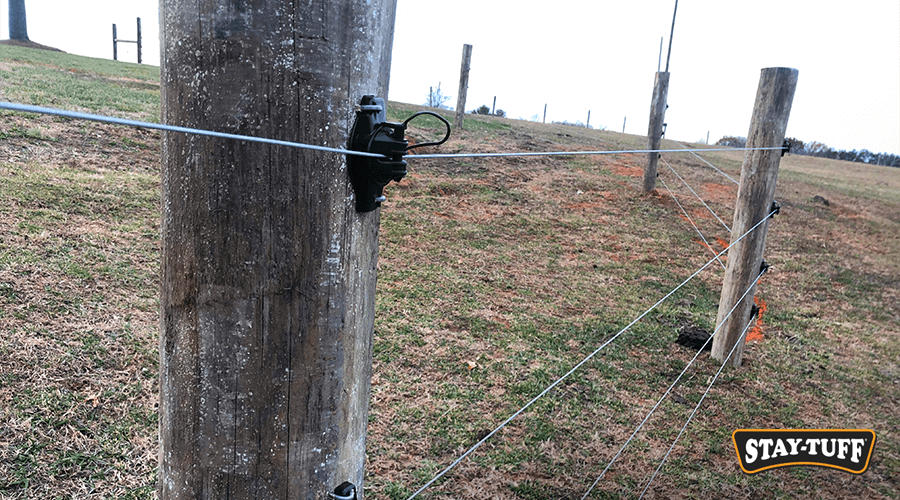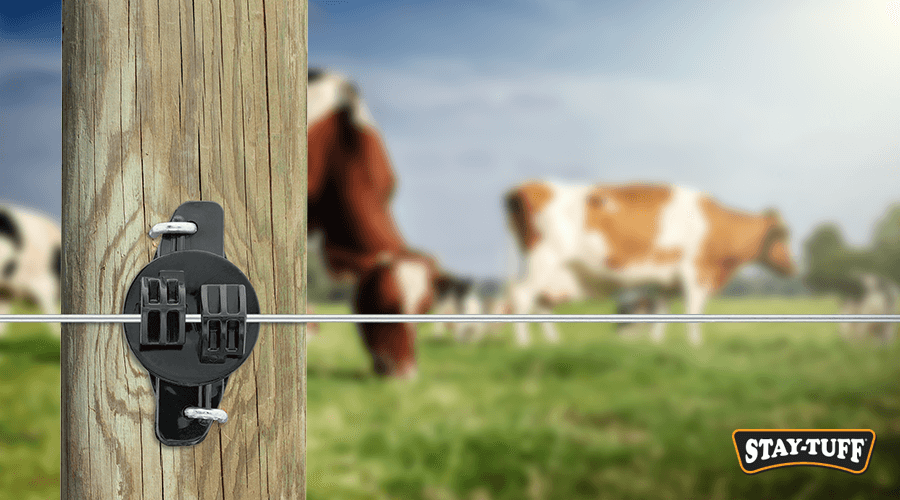How to Test an Electric Fence
How to Test an Electric Fence
Ensuring Your Electric Fence Functions Correctly
Electric fences serve as a straightforward yet highly effective means of enhancing security for your property or existing fences. They act as a deterrent against predators like wolves and coyotes, while also keeping livestock and pets safely contained.

Installing an electric fence line is essential for bolstering protection against intruders and ensuring the safety of your animals—whether they're livestock or household pets.
Regularly checking the voltage of your electric fence is crucial for its optimal performance. A voltage that's too high can pose serious risks to both humans and animals, potentially causing injury. Conversely, a weak charge might fail to deter unwanted visitors, allowing them to breach the barrier.
Methods for Testing Your Electric Fence
Important Note: Never attempt to touch the fence with bare hands under any circumstances.
There are multiple ways to confirm whether your electric fence is operating correctly.

An electric fence voltmeter is a compact, user-friendly device designed specifically to measure the voltage of your fence lines. While specific instructions may vary depending on the brand, the general process involves identifying the grounding wire first, then using the voltmeter’s probe to touch the fence itself. This action typically provides a reading of the current voltage.
Additionally, some hardware stores stock contactless voltmeters, which serve the same purpose without requiring direct contact with the fence.
Please note that these descriptions are not intended as step-by-step guides. Always consult the manufacturer’s instructions and seek professional help when testing your electric fence.

When functioning properly, an electric fence often emits a faint buzzing or humming noise. To verify this, approach the fence but avoid touching it. Although this method is cost-effective and quick, it isn't always reliable since the absence of sound doesn’t necessarily indicate a malfunctioning fence.
No matter what testing method you opt for, consulting with certified professionals remains the best course of action.
Choose STAY-TUFF for Your Next Installation

STAY-TUFF stands out for its reliability, affordability, performance, and durability. Their electric fence systems deliver superior conductivity alongside rust-resistant properties, making them ideal for rotational grazing, crop protection, and animal confinement or exclusion.
Moreover, the high carbon content in their wires minimizes the need for additional fence posts, reducing costs and installation time significantly.
Click here to discover where you can purchase STAY-TUFF solutions nearby.
For those who prioritize quality and efficiency, STAY-TUFF has consistently proven itself as a top choice. Many users have reported fewer maintenance issues and longer-lasting installations compared to other brands. Whether you’re setting up a new fence or upgrading an existing one, STAY-TUFF offers a range of options tailored to meet diverse needs. Don’t hesitate to explore their products further; they just might transform how you manage your property boundaries.
Automatic Hydraulic Bollard,Automatic Rising Bollard,Automatic Telescopic Bollards,Stainless Steel Bollards
Shandong Changchongyun Intelligent Technology Co., Ltd. , https://www.ccyparking.com